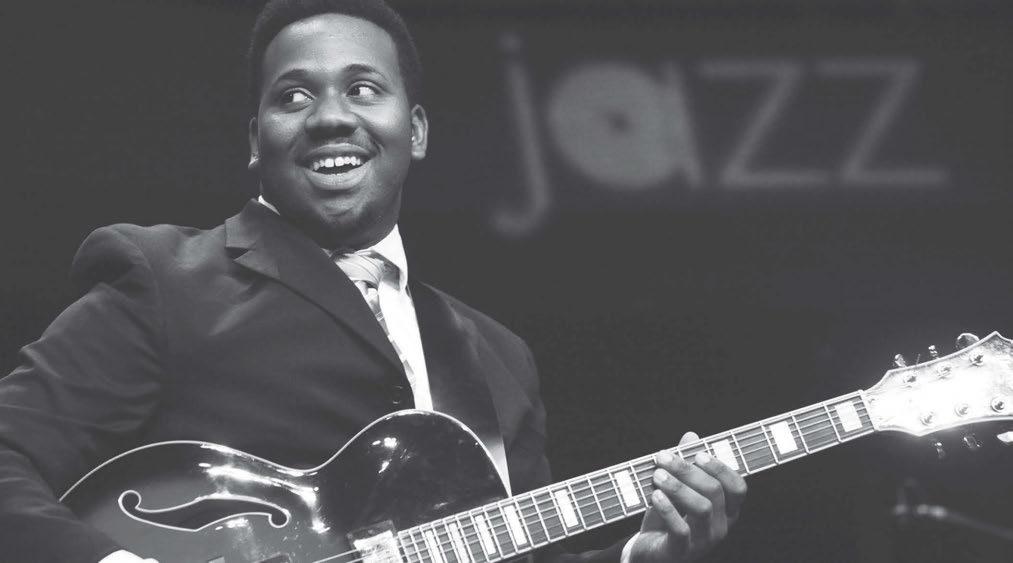
1 minute read
Improvisation
• Listen to improvised music like an improviser - interact musically and notice the spontaneous interaction of improvisers
• Learn harmony by ear
Advertisement
• Learn harmonic, rhythmic, and expressive vocabulary by ear
• Take risks - try out some new ideas
• Surround yourself wrth others who are working on the same principles
Consider a rating scale as a means of feedback for improving your improvisation skills (see example right)
Improving your musicianship through improvisation will promote more spontaneous and meaningful music making . There is a powerful relationship among listening, improvising, reading, writing, and analyzing
Improvisation Rating Scale
Improvisation (additive dimension, 0 - 5)
The improviser:
1 performs a variety of related ideas and reuses material in the context of the overall form (thus the performance contains elements of unity and variety)
2 demonstrates motive development through tonal and rhythm sequences
3 demonstrates effective use of silence
4 demonstrates an understanding of tension and release through resolution of notes in the context of the harmonic progression
5 embellishes notes and per forms variations of themes
Christopher D. Azzara Eastman School of Music
music Each has the potential to influence the other in significant ways when presented in the context of improvisation
Remember; we are all improvisers Create opportunities to make improvisation integral to developing your musicianship
References
Azzara, Christopher D ., Grunow, Richard F. Developing Musicianship through Improvisation
Chicago: GIA Publications, Inc , 2006, 2010
Christopher A zzara, PH.D is Associate Professor of Music Education at Eastman School of Music, University of Rochester and affiliated with the jazz Studies and Contemporary Media Department
Reprinted from Massachusetts Music News, Spring 2010
• Nationally acclaimed ensembles
• International tours
• Renowned guest artists
• Music scholarships
• Areas of study include performance, music education, composition, jazz studies, music ministry and piano pedagogy





